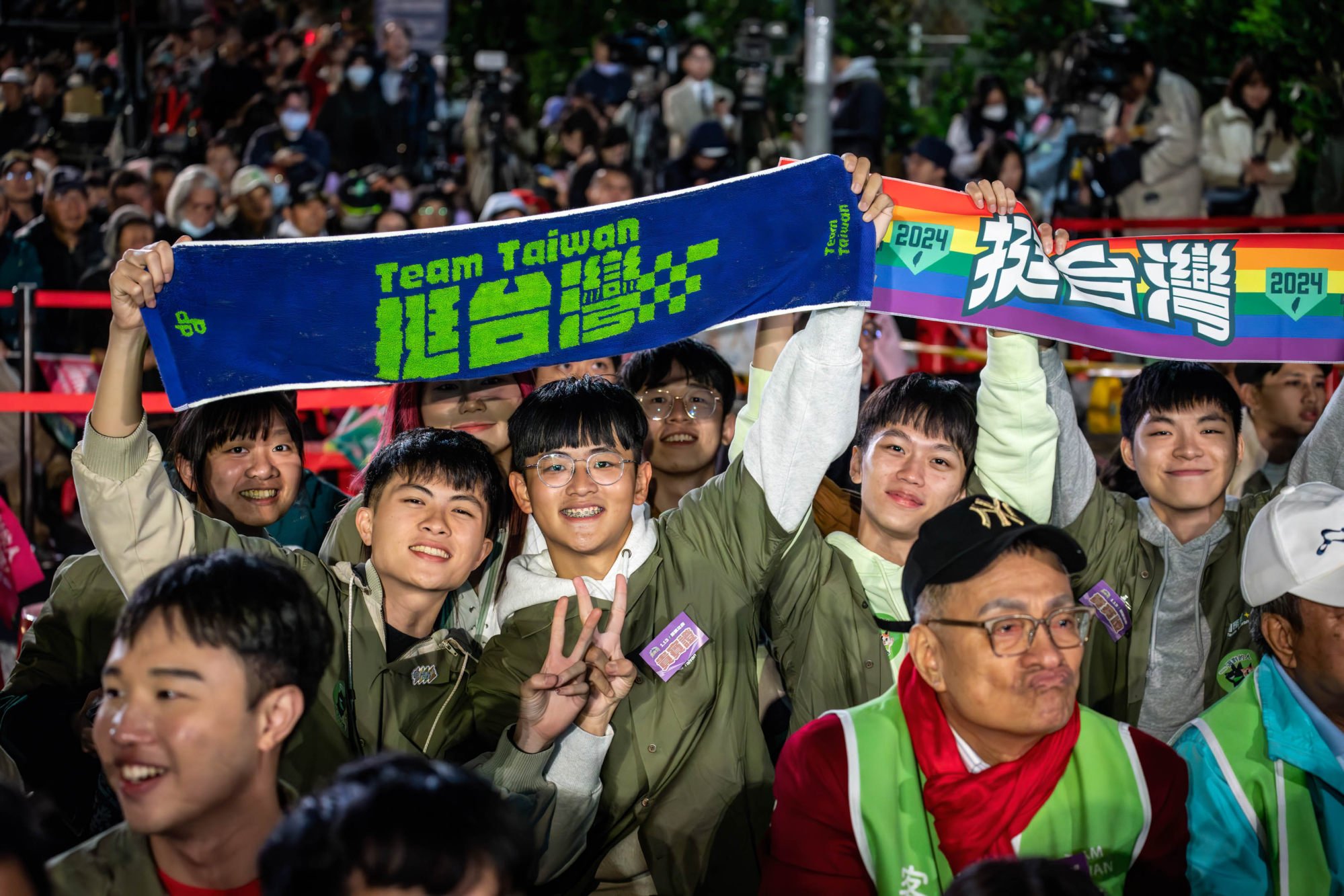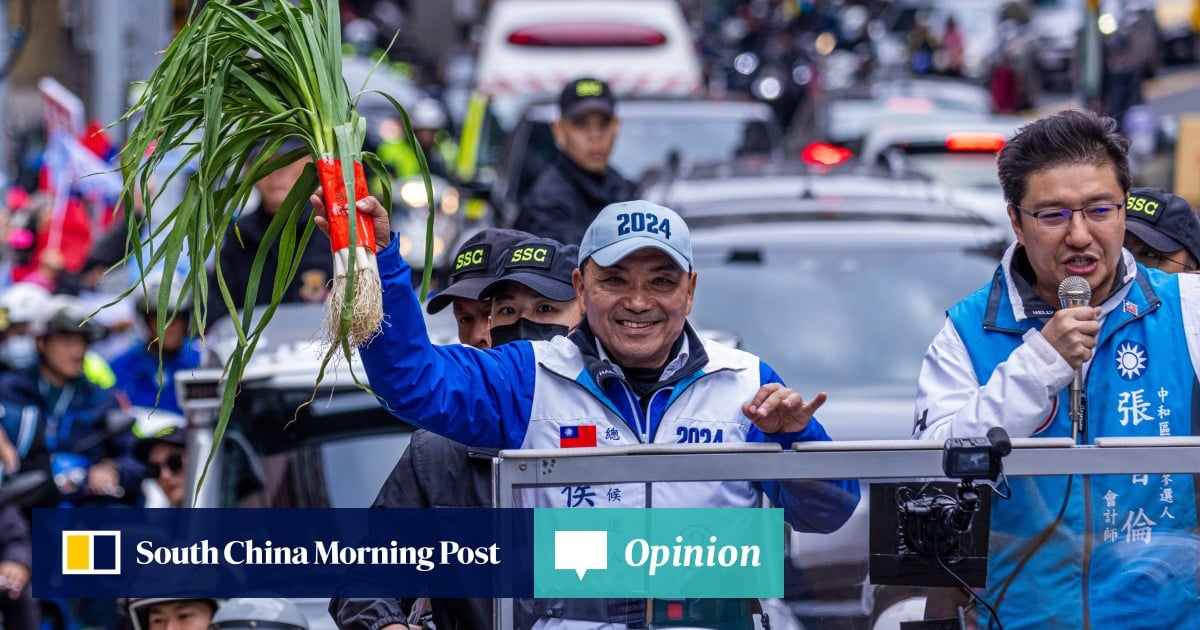The Taiwan elections have offered much to observe with the languages of the island.
The Formosan languages are a branch of Austronesian languages spoken by Taiwanese indigenous peoples. The island’s inhabitants for thousands of years, these now comprise 2.5 per cent of the population. Fewer than half of their 26 languages remain, and all are endangered.
Two major waves of Han emigration to the island – during the 18th and 19th centuries of the Qing dynasty, and in the Chinese civil war’s final years – brought Sinitic languages. Those of the earlier migrants from the southern coastal provinces of Fujian and Guangdong evolved into Taiwanese Hokkien and Taiwanese Hakka.
The end of World War II, the Republic of China’s takeover of Taiwan, and the founding of the People’s Republic of China on the mainland, saw further Han immigration.
The 1949 retreat of the Kuomintang-led government to Taiwan meant a strict Mandarin-only language policy in education and government.
From the late 1980s, however, Taiwan’s democratisation has seen greater official inclusion of English and local and indigenous languages.
Given such a history, Taiwan’s languages now indicate identity and political affiliations. At campaign rallies, “frozen garlic” is chanted. The phrase “to be elected”, while pronounced dangxuan in Mandarin, is dongsuan in Taiwanese Hokkien – dongsuan in Mandarin sounds like “frozen garlic”.
How the Chinese legend of pangolins came true – but in a terrible way
How the Chinese legend of pangolins came true – but in a terrible way
Similarly, daikon radish, pronounced tsai tao in Taiwanese, sounds like hao cai tou in Mandarin, meaning “good luck”. Bunches of garlic sprouts or radishes are often gifted to candidates by supporters for luck.
Bespoke campaign songs have been a tradition for the past three decades. While Kuomintang songs have featured Chinese patriotic themes and are always in Mandarin, the Democratic Progressive Party (DPP) has used Taiwanese, Hakka and indigenous languages, highlighting its commitment to cultural diversity.
This year’s elections witnessed a shift in language politics: KMT used Taiwanese in its campaign song for the first time, and the DPP incorporated the English phrase “Made in Taiwan” in its – to signal, respectively, recognition of Taiwanese identity and an underscoring of international engagement.

Looking ahead, the government’s 2022-2026 plan for the advancement of all national languages aims to achieve linguistic and cultural equality and bolster Taiwan’s multicultural development. Beyond elections, there is much to learn from this island democracy.
